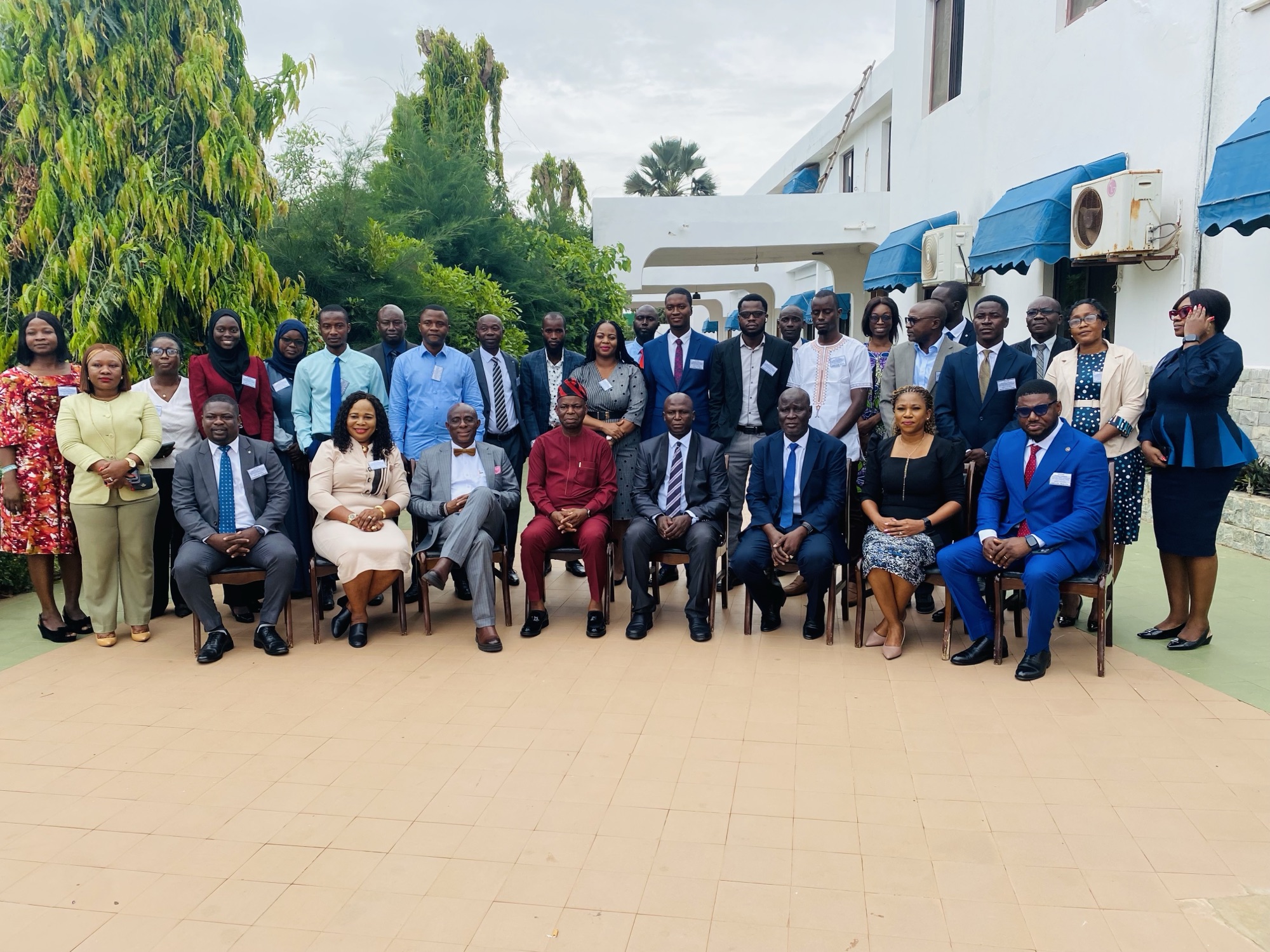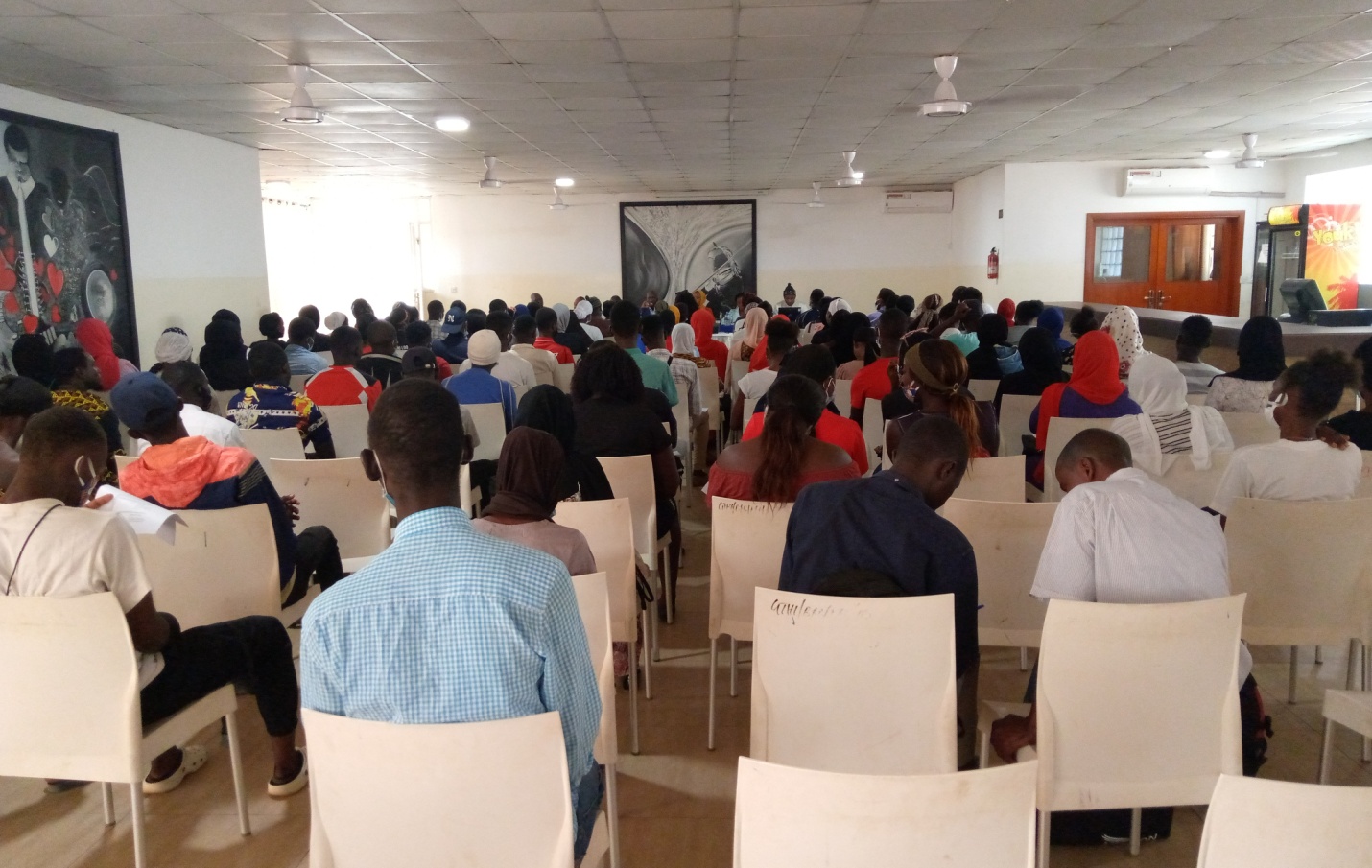By Arret Jatta
West Africa Institute for Financial and Economic Management (WAIFEM) regional course on combating money laundry and other financial crimes was opened on Monday, July 8 2024 at Pencha Mii Hall, Senegambia.
The primary objective of this regional course is to enhance the capacity of participants in combating money laundering and financing terrorism, which can be achieved by providing comprehensive training on this latest trend, techniques, and best practices in Anti Money Laundering (AML) and Combating the Financing of Terrorism (CFT).
Representing the Director General for WAIFEM, AmadouCorra, Director of the Financial Sector and Payment Systems Department, highlighted that money laundering and other financial crimes including financing of terrorism are significant global issues that pose a severe threat to the integrity of financial systems and national security.
“The West African region is not immune to these threats with various criminal networks exploiting the financial systems to launder illicit gain and finance terrorism. Furthermore, with strong mobility of funds and rapid development of new payment technologies, the quantum of financial and economic crimes has been on the increase and poses a threat to the integrity of the financial system”, Mr Corra noted.
To address these challenges, he said it required a concerted effort from all stakeholders including financial institutions, regulatory bodies, law enforcement agencies, and policymakers.
“In this regard, the desire to ensure that officials of the relevant agencies are armed with competencies to combat this menace in the sub-region underlies WAIFEM’s capacity-building intervention”, he further stated.
The Director of the Financial Sector and Payment Systems Department explained that the course aims to equip participants with the necessary knowledge and skills to effectively detect, prevent, and respond to financial crimes,
Babucarr Cham, the Director of Human Resources for the Central Bank of The Gambia, speaking on behalf of the Governor General of CBG said the growth of organized crime and its negative impact on financial systems is alarming, as criminals employ more sophisticated methods to exploit vulnerabilities in their financial systems.
“Money laundering has far-reaching adverse consequences on the integrity and soundness of our financial systems, as well as the broader economy. In short, money laundering could distort economic stability, with the potential to misinform policy decisions”, he stressed.
And, he continued, this could create unfair competition in the sense that legitimate businesses might struggle to compete with those funded by illicit proceeds of crime.
“The Central Bank of The Gambia, and indeed its regional counterparts, have an important role to play in promoting measures aimed at protecting our broader economies from the threats of money laundering and the financing of terrorism and related crimes, and hence, strengthen financial sector integrity and promote economic development”, he added.





